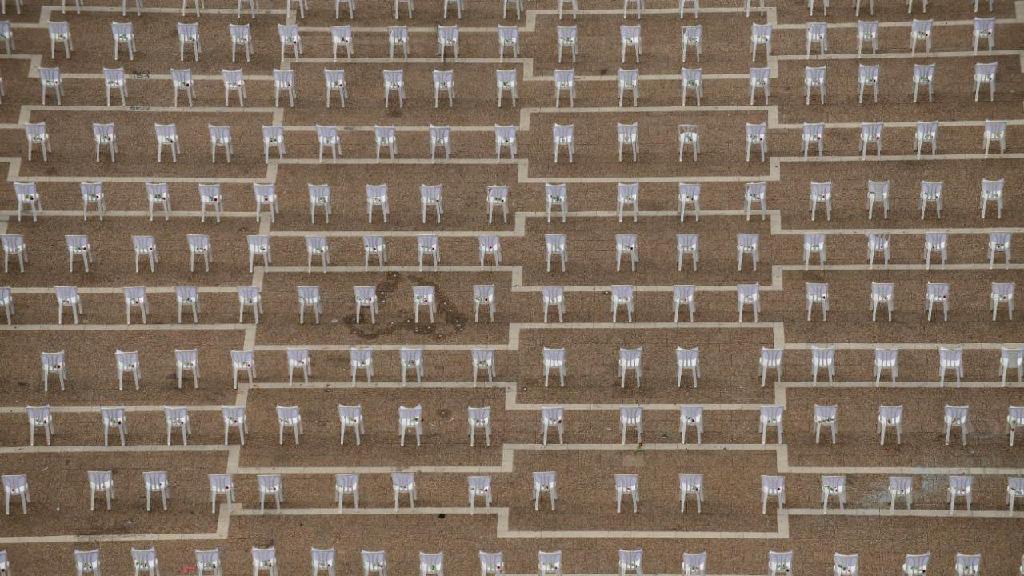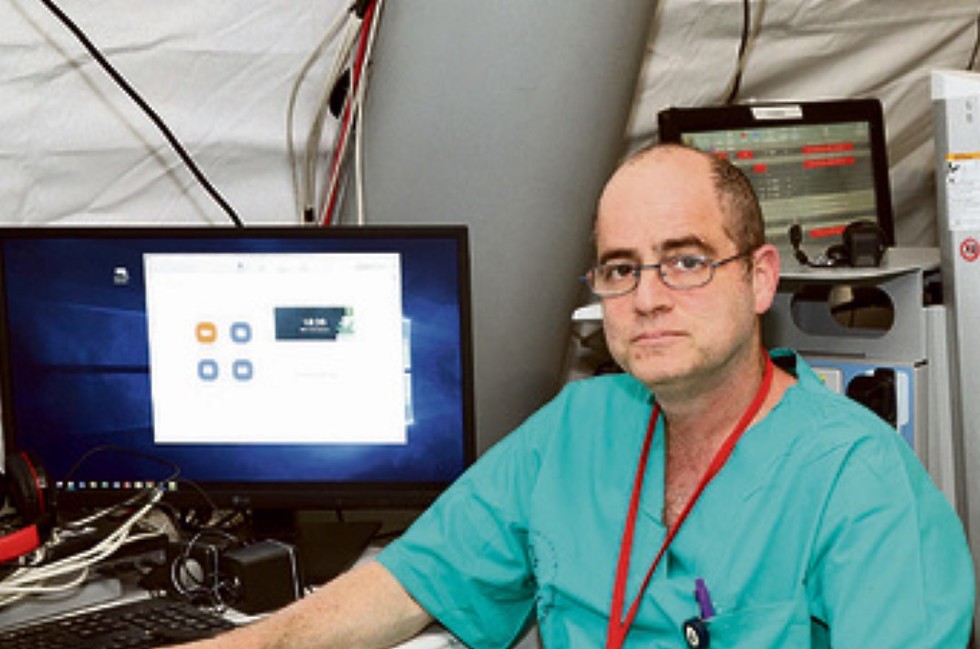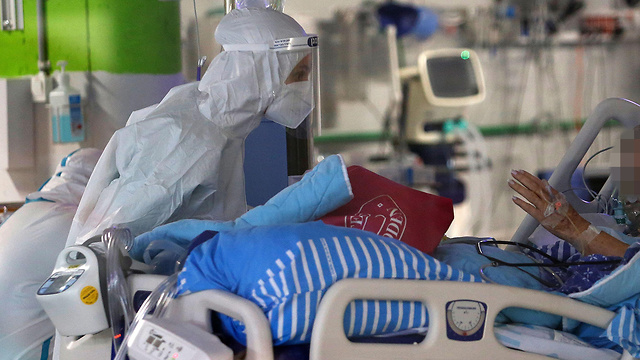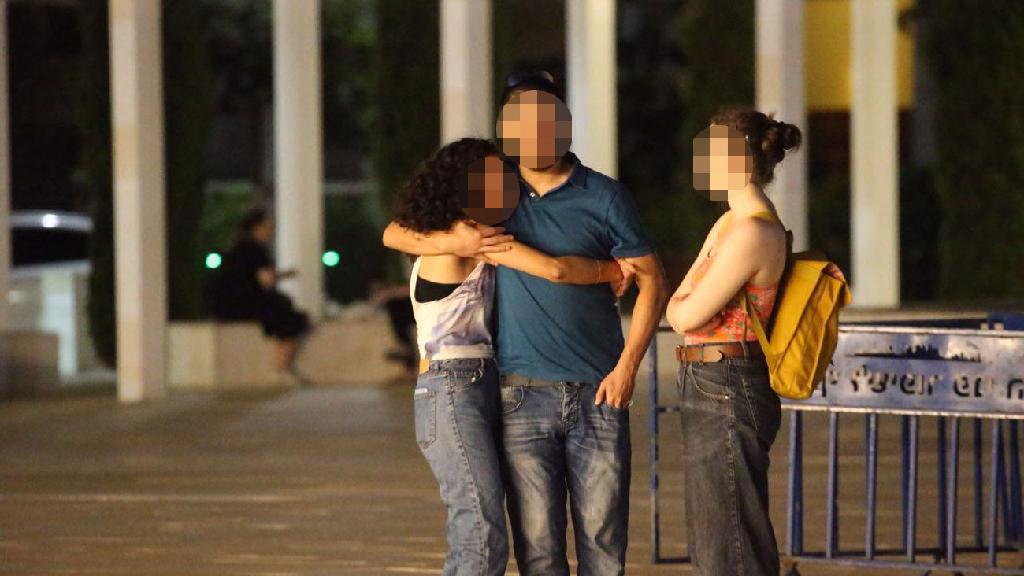Getting your Trinity Audio player ready...
A senior physician treating COVID-19 patients in serious condition lashed out Tuesday at the Israeli public for disregarding other human lives by ignoring basic measures such as wearing masks that could slow the spread of coronavirus.
Dr. Gadi Segal, who heads Israel's first coronavirus ward at the Sheba Medical Center near Tel Aviv, posted a plea on Facebook for Israelis to begin taking the pandemic seriously.
"I've posted the names of the people who have died as a result of the disease. Many of them I knew, some died in my arms," Segal wrote in his post.
"The blame rests on those who think their pay checks, their personal liberty and freedom of speech is more important than human lives. As a human being and a doctor, I am ashamed of this society."
Segal said the problem could lie in a lack of shame that he said was now prevalent in the world.
"I am publicly expressing my shame and invite you all to join in," he wrote.
Segal later told Ynet that that denying the virus and disregarding simple mitigation measures will only serve to expedite full lockdown.
"It is about mutual responsibility. I was trying to explain that people have the power to save lives and not only that, they have the power to save livelihoods and our society," he said.
"People must recognize the fact that that COVID-19 is a very complicated illness. It is a pandemic and everyone must wear masks and socially distance," he said.
"Full lockdown would have disastrous effects that no one should want, but instead of taking the steps to slow the spread of coronavirus they continue to ignore its dangers. It is a catastrophe," Segal said.
The doctor also slammed some of his colleagues who have been promoting policies similar to those adopted by the Swedish government, which saw a sizeable fatality rate among the country's elderly population after it kept most of its economy open.
"Those doctors did not hold patients as they were dying," he said. "I have and I tell you we cannot just let people die."
5 View gallery


Ultra Orthodox crowds disregards social distancing at a wedding in Rehovot
(Photo: Nadav Abas)
"Where would it end?" he said. "Should we then allow people with cancer to die, or prevent dialysis for people over 70? Should we refuse to treat patients suffering from dementia? I cannot sit around waiting for patients to arrive before I decide to take action. It is my moral duty to speak out and call for us all to behave responsibly and wear masks," he said.
Segal said the average age of seriously ill COVID-19 patients has fallen and this has contributed to a relatively low death rate.
5 View gallery


An installation in Tel Aviv's Rabin Square commemorates the more than 1,000 people who have died from COVID-19 in Israel
(Photo: Naveh Neufeld )
But, he said, the number of people among the general population who have underlying health conditions such as high blood pressure are at greater risk when more young people contract and then spread the virus.
"More and more people will have to pay the ultimate price," Segal said. "Of this I am certain."




